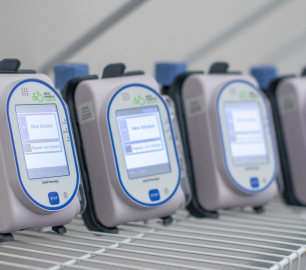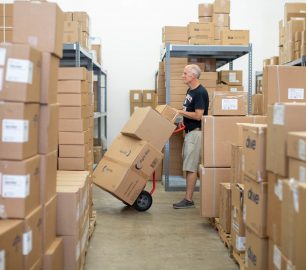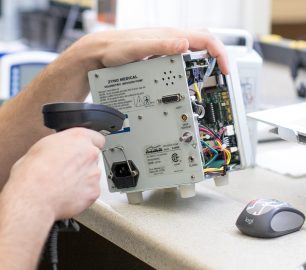Essential Tips for a Smooth Journey
Traveling can be both exciting and challenging for those undergoing infusion therapy. Whether you’re going on vacation, visiting family, or traveling for work, planning ahead can help ensure that your treatment continues smoothly.
Plan Ahead with Your Healthcare Team
Before making any travel plans, consult with your healthcare provider. Discuss your destination, duration of travel, and any potential challenges you might face.
They can provide guidance such as checklists of what supplies to pack, adjust your treatment schedule if needed, and offer necessary documentation for travel.
Research Medical Facilities at Your Destination
Identify hospitals or infusion centers near your destination. In case of an emergency or if you need to continue your therapy on the road, knowing where to go can save precious time.
Your healthcare provider may also have recommendations for trusted facilities in your destination area.

Pack Your Medications and Supplies Carefully
Ensure you have enough medication and supplies for the entire trip, plus a little extra in case of delays. Pack your infusion supplies in your carry-on luggage to avoid loss or damage. Use a thermal bag for medications that require refrigeration. Coldkeepers thermal bags offer a reliable selection to keep your medications at the proper temperature throughout your journey.
VIEW COLDKEEPERS SELECTION
Check Airline and Travel Regulations
Before flying, check airline policies regarding medical supplies and equipment. Some airlines require advance notice if you’re traveling with medical devices. Carry a letter from your doctor explaining your condition and the need for your supplies (correctly labeled). This can help ease the process through security checks.

Stay Hydrated and Eat Well
Travel can disrupt your normal routine, making it crucial to stay hydrated and maintain a balanced diet. Proper hydration and nutrition can help manage side effects and keep your energy levels up. Bring healthy snacks and a refillable water bottle to stay on track.
Keep Emergency Contacts Handy
Have a list of emergency contacts, including your healthcare provider, local medical facilities, and family members. Store this information both on your phone and on a physical piece of paper in case your phone battery dies, or you lose your device.
Maintain Hygiene and Infection Control
Traveling exposes you to new environments and potential sources of infection. Practice good hand hygiene, avoid crowded places when possible, and clean your infusion site thoroughly.
Carry hand sanitizer and disinfectant wipes for added protection.

Consider TSA Pre-Check
If you’re traveling with a medical condition like infusion therapy, which involves medical equipment and liquid medication exceeding 3 ounces, the TSA recommends applying for TSA Pre-Check . This program streamlines the security screening process, which can be particularly beneficial for those with medical needs.
TSA Pre-Check ®️ passengers still undergo screening, but they are not required to remove shoes, laptops, or liquids, making the experience more convenient.
To find out more about the application process, visit TSA.gov.
Traveling while receiving infusion therapy requires careful planning and preparation, but it doesn’t have to be daunting. By taking these steps, you can enjoy your travels while ensuring your health needs are met.
Safe travels!
COMMON QUESTIONS
What happens if my infusion pump is not attached to my body during screening?
If your infusion device is not attached, it may be screened by X-ray or alternative methods. Inform the TSA officer if you prefer not to have it X-rayed.
What are the guidelines for traveling with medication through airport security?
Solid medications like pills can go through regular screening. Liquid medications over 3.4 ounces or 100 milliliters require additional screening, and you can request a visual inspection instead of an X-ray.
Where should I pack my medications when traveling by air?
It’s recommended to pack medications in your carry-on luggage for easy access during the flight or in case your checked baggage is lost.








